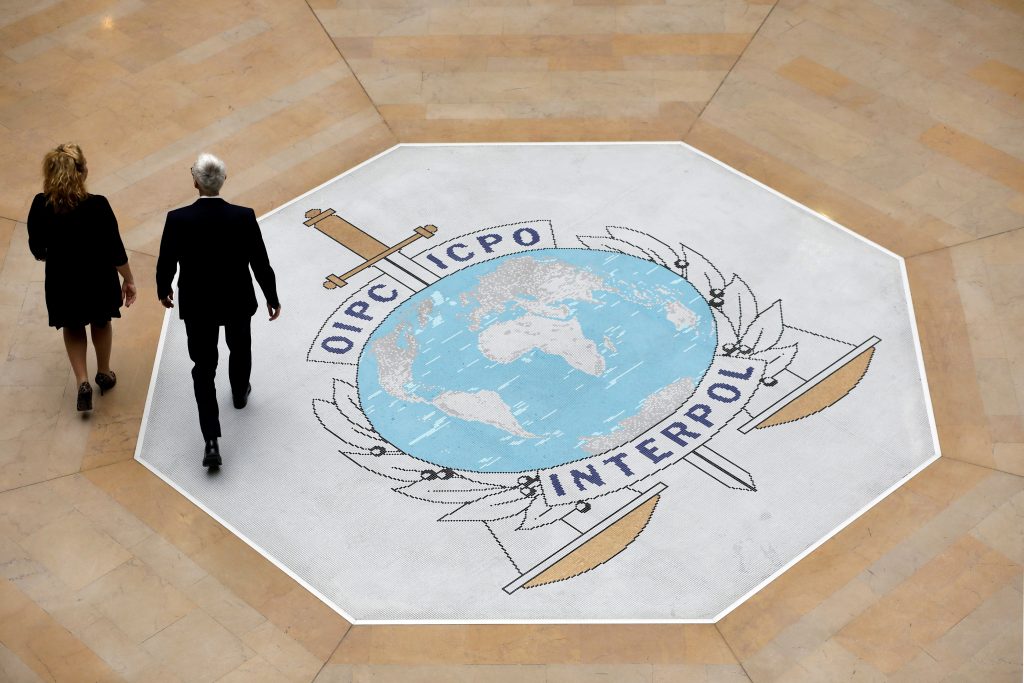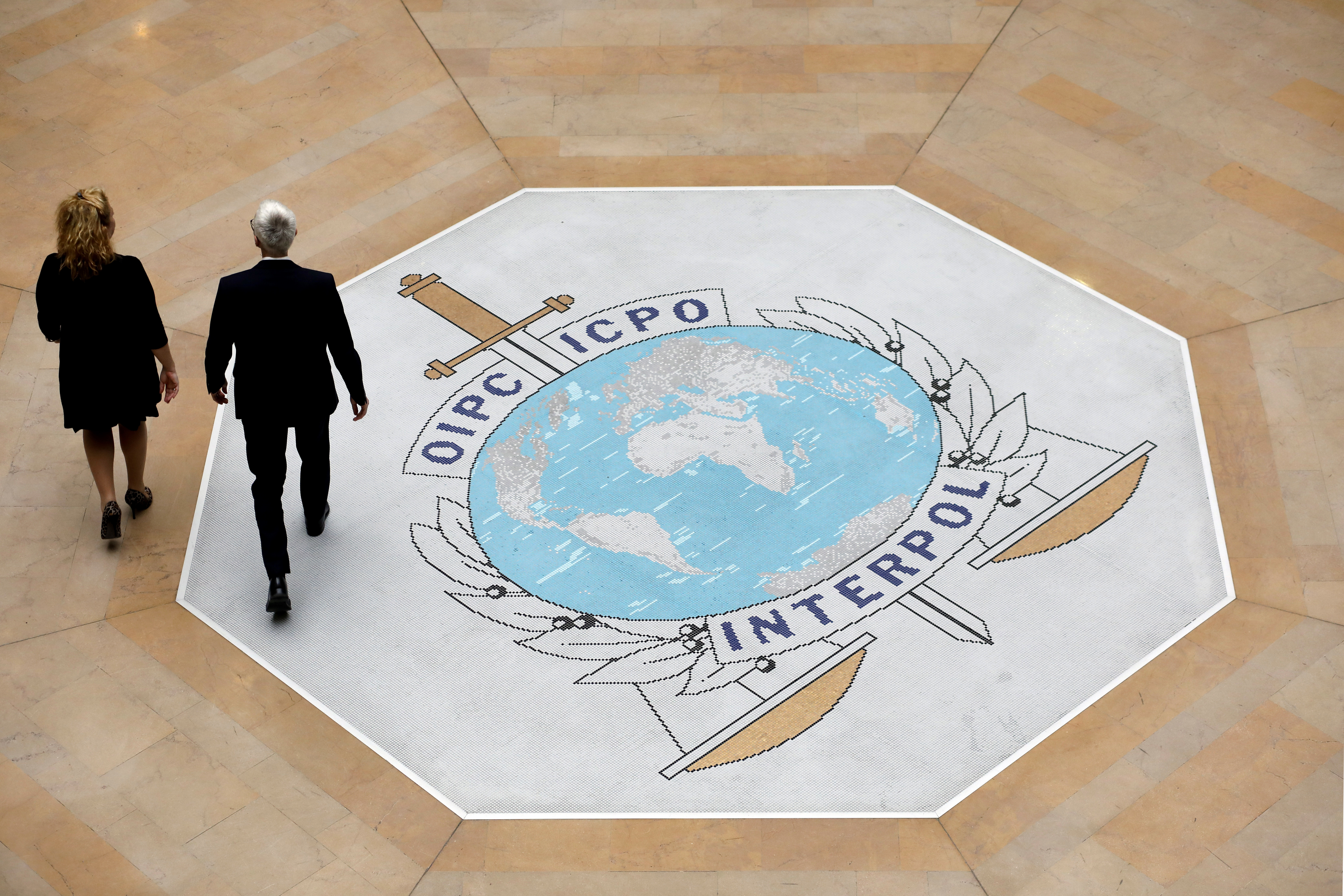Operation Jackal III, which ran from 10 April to 3 July in 21 countries, aimed to fight online financial fraud and the West African syndicates behind it, the agency said in a statement.
“The volume of financial fraud stemming from West Africa is alarming and increasing,” said Isaac Oginni, director of Interpol’s Financial Crime and Anti-Corruption Centre. “This operation’s results underscore the critical need for international law enforcement collaboration to combat these extensive criminal networks.”
One of the targeted groups was Black Axe, one of the most prominent criminal networks in West Africa. Black Axe operates in cyber fraud, human trafficking, drug smuggling, and is responsible for violent crimes both within Africa and globally, the agency added.
Black Axe used money mules to open bank accounts worldwide and is now under investigation in over 40 countries for related money laundering activities, the agency said. The suspects include citizens from Argentina, Colombia, Nigeria and Venezuela.
In Argentina, following a five-year investigation, the police cracked down on Black Axe and seized $ 1.2 million in high-quality counterfeit banknotes, arrested 72 suspects and froze approximately 100 bank accounts.
The world’s biggest — if not best-funded — police organization has been grappling with new challenges including a growing caseload of cybercrime and child sex abuse, and increasing divisions among its member countries.
Interpol had a total budget of about 176 million euros (about $188 million) last year, compared to more than 200 million euros at the European Union’s police agency, Europol, and some $11 billion at the FBI in the United States.

